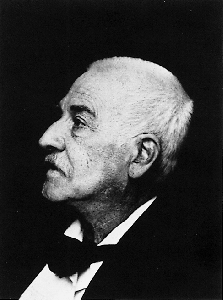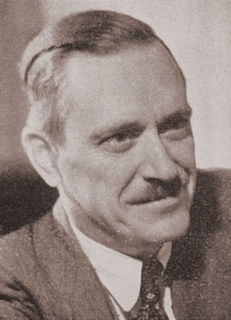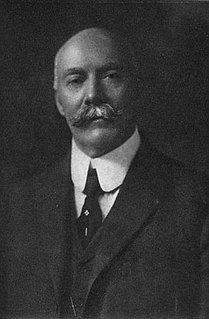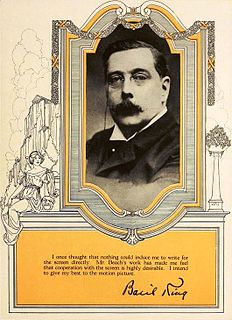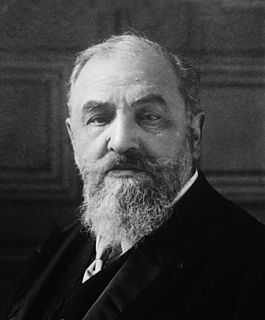A Quote by Albert Schweitzer
Man has become a superman ... because he not only disposes oinnate, physical forces, but because he is in command ... olatent forces in nature and because he can put them to his service.... But the essential fact we must surely all feel in our hearts ... is that we are becoming inhuman in proportion as we become supermen.
Related Quotes
The comrades throughout the Party must take all this fully into account and be prepared to overcome all difficulties with an indomitable will and in a planned way. The reactionary forces and we both have difficulties. But the difficulties of the reactionary forces are insurmountable because they are forces on the verge of death and have no future. Our difficulties can be overcome because we are new and rising forces and have a bright future.
When men are engaged in war and conquest, the tools of science become as dangerous as a razor in the hands of a child of three. We must not condemn man because his inventiveness and patient conquest of the forces of nature are being exploited for false and destructive purposes. Rather, we should remember that the fate of mankind hinges entirely upon man’s moral development.
Modern man lives isolated in his artificial environment, not because the artificial is evil as such, but because of his lack of comprehension of the forces which make it work- of the principles which relate his gadgets to the forces of nature, to the universal order. It is not central heating which makes his existence 'unnatural,' but his refusal to take an interest in the principles behind it. By being entirely dependent on science, yet closing his mind to it, he leads the life of an urban barbarian.
The more recently power has originated, the less it can remain stationary - first because those who created it have become accustomed to rapid further movement and because they are and will be innovators per se; secondly, because the forces aroused or subdued by them can be employed only through further acts.
Ethics cannot be based upon our obligations toward people, but they are complete and natural only when we feel this Reverence for Life and the desire to have compassion for and to help all creatures insofar as it is in our power. I think that this ethic will become more and more recognized because of its great naturalness and because it is the foundation of a true humanism toward which we must strive if our culture is to become truly ethical.
It is a psychological law that whatever we desire to accomplish we must impress upon the subjective or subconscious mind; that is, we must register a vow with ourselves, we must make our resolution with vigor, with faith that we can do the thing we want to do; we must register our conviction with such intensity that the great creative forces within us will tend to realize them. Our impressions will become expressions just in proportion to the vigor with which we register our vows to accomplish our ambitions, to make our visions realities.
People leave because of their own overts and withholds. That is the factual fact and the hard-bound rule. A man with a clean heart can’t be hurt. The man or woman who must must must become a victim and depart is departing because of his or her own overts and withholds. It doesn’t matter whether the person is departing from a town or a job or a session. The cause is the same.
We must recognize the full human equality of all our people - before God, before the law, and in the councils of government. We must do this not because it is economically advantageous - although it is; not because the laws of God and man command it - although they do command it; not because people in other lands wish it so. We must do it for the single and fundamental reason that it is the right thing to do.
God is with us to be utilised. His Power, His Love, His Thought, His Presence, must be at our disposal, like other great forces, such as sunshine and wind and rain. We can use them or not, as we please. That we could use them to their full potentiality is, of course, not to be thought of; but we can use them in proportion to our ability.
I think the Bhagavad Gita is about both the forces of light and the forces of darkness that exist within our own self, within our own soul; that our deepest nature is one of ambiguity. We have evolutionary forces there - forces of creativity, and love, and compassion, and understanding. But we also have darkness inside us - the diabolical forces of separation, fear and delusion. And in most of our lives, there is a battle going on within ourselves.
The world petroleum story is one of the most inhuman known to man: in it, elementary moral and social principles are jeered at. If powerful oil trusts no longer despoil and humiliate our country it is not because these predators have become human, but because we have won a hard-fought battle which has been going on since the beginning of the century.




